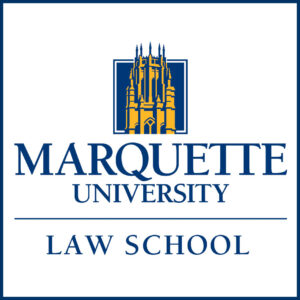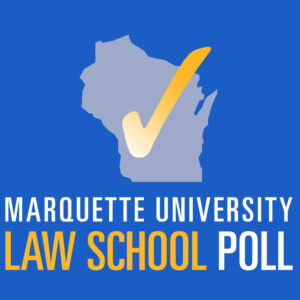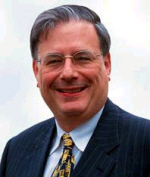AALS Pro Bono Honor Roll for Marquette University Law School
 The Pro Bono and Access to Justice Section of the Association of American Law Schools (AALS) this year is inaugurating a new initiative—the Pro Bono Honor Roll—and has invited each law school dean this year to name one faculty member, one staff member, and one student. For a definition that those familiar with Marquette Law School’s Office of Public Service may especially recognize, the section defines pro bono as “work that is primarily legal in nature, supervised by a licensed attorney (for law students), not for pay or academic credit, and of service to underserved individuals, groups, or those with barriers to access to justice.”
The Pro Bono and Access to Justice Section of the Association of American Law Schools (AALS) this year is inaugurating a new initiative—the Pro Bono Honor Roll—and has invited each law school dean this year to name one faculty member, one staff member, and one student. For a definition that those familiar with Marquette Law School’s Office of Public Service may especially recognize, the section defines pro bono as “work that is primarily legal in nature, supervised by a licensed attorney (for law students), not for pay or academic credit, and of service to underserved individuals, groups, or those with barriers to access to justice.”
The invitation from the AALS was most welcome, and I turned to my colleague, Angela F. Schultz, assistant dean for public service, for “nominees.” It seemed to us that there might be value in our publicly explaining—and celebrating—the work of the three exemplars whom I thereupon named to the inaugural AALS Pro Bono Honor Roll.
Faculty: Rebecca K. Blemberg. Rebecca Blemberg, professor of legal writing, started volunteering with the Marquette Volunteer Legal Clinics (MVLC) before the pandemic and has continued as part of the volunteer crew in every subsequent semester (including summers). In recent years, she has spent more than 90 hours providing “brief legal advice” (the relevant term of art) on family law matters. It is not uncommon for Professor Blemberg to check in with Dean Schultz after a clinic about something she thinks she could have done differently or better or to offer an idea about adding to clinic resources to strengthen another volunteer’s experience.
Staff: Katie Mertz. Katie Mertz, director of pro bono and public service at the Law School, does a great amount to expand and support the Law School’s pro bono clinics and the involvement of Marquette law students and others. Just this past summer, she developed all the infrastructure necessary to host a new remote clinic intended to serve people in rural communities of Wisconsin (that clinic just launched earlier this month). She does a remarkable job keeping the Marquette Volunteer Legal Clinics’ substantive resources—the tools available for our volunteers to use as they navigate client questions—up to date and user-friendly. And Director Mertz draws on—pulls in—external experts on various topics to ensure accuracy and quality.
Student: Jeremy Fernando. Jeremy Fernando is a third-year law student who consistently shows up—even when he has already completed his own pro bono schedule and has already exceeded 120 hours of pro bono service, the level “required” for admission to our Pro Bono Society “with distinction” (he has performed almost 170 hours to date). Last year, when the expungement/pardon clinic was seeking consistent law student volunteers, Mr. Fernando answered the call and made a weekly commitment. This year, given class schedules, it has been a challenge to staff our Thursday-morning MVLC operation at the Milwaukee Justice Center with law students. Mr. Fernando noticed the call for student support and offered to pitch in until his own class begins. (The clinic runs from 9-11 a.m.)
Much more could be said about these honorees or others. In fact, the AALS submission does not require any explanation, but it is a privilege for me publicly to provide it here. Marquette Law School has sought to develop a “culture of pro bono” in recent decades. Lawyers in our community—some alumni, others not—are deeply involved. This particular post has been a welcome opportunity to celebrate the work of those who call Eckstein Hall their professional home.


 Howard B. Eisenberg’s yahrzeit, as some might say, is late this week: June 4 will mark 20 years since his death. We remember him at Marquette University Law School as our dean, a position in which he served with great effect and distinction but for too brief a time (1995 until his death in 2002). On occasional past anniversaries of his death, various of us have recalled one aspect or another of his deanship (
Howard B. Eisenberg’s yahrzeit, as some might say, is late this week: June 4 will mark 20 years since his death. We remember him at Marquette University Law School as our dean, a position in which he served with great effect and distinction but for too brief a time (1995 until his death in 2002). On occasional past anniversaries of his death, various of us have recalled one aspect or another of his deanship (